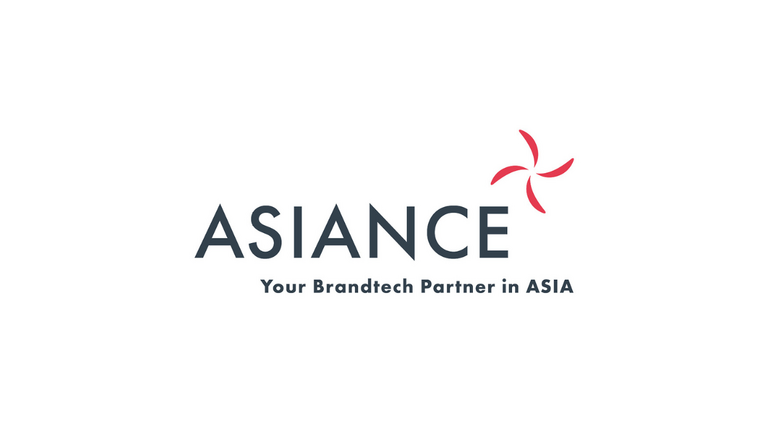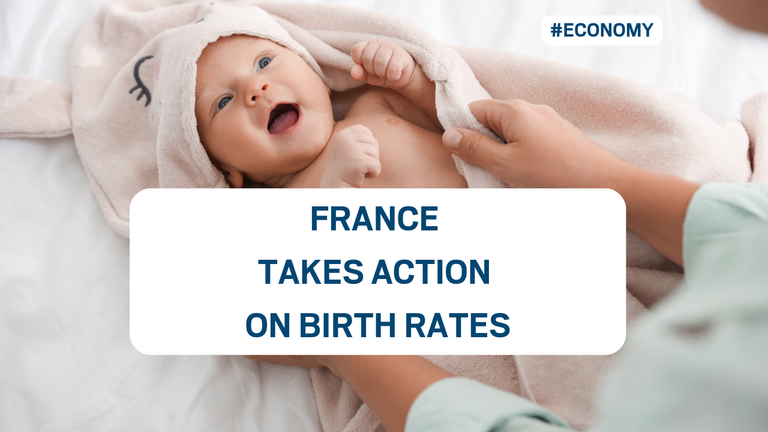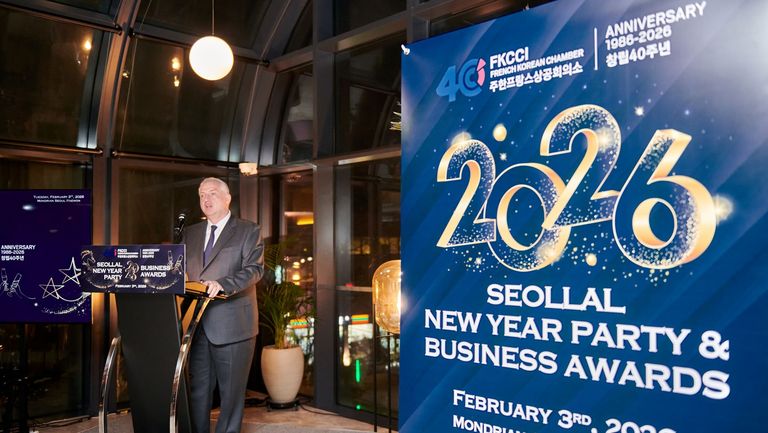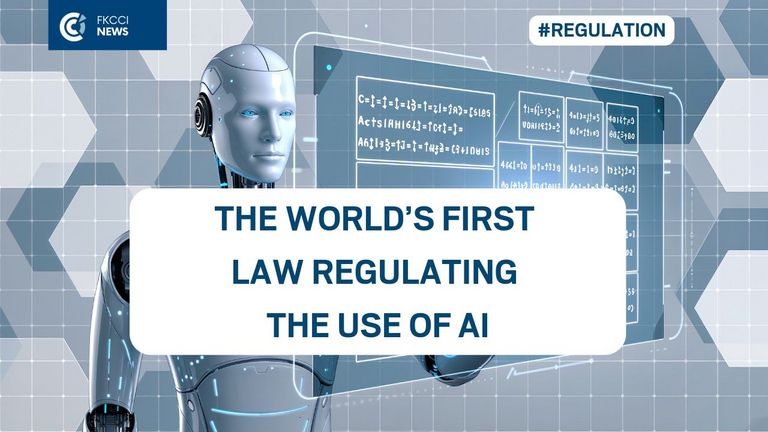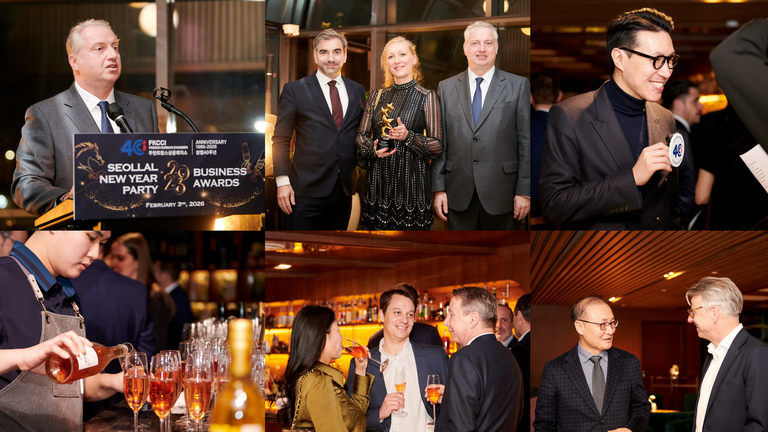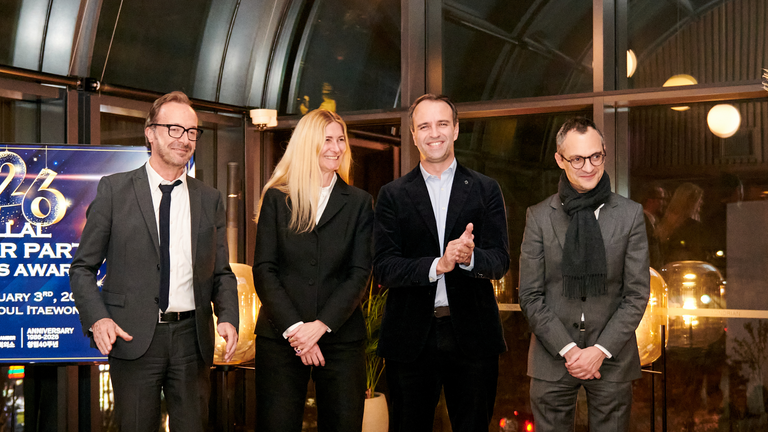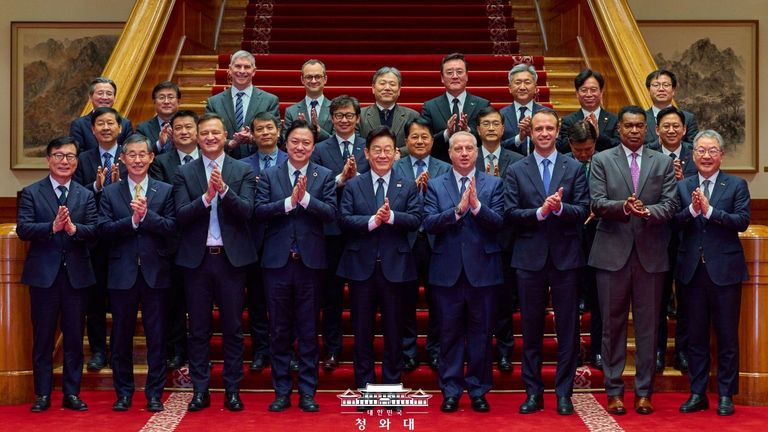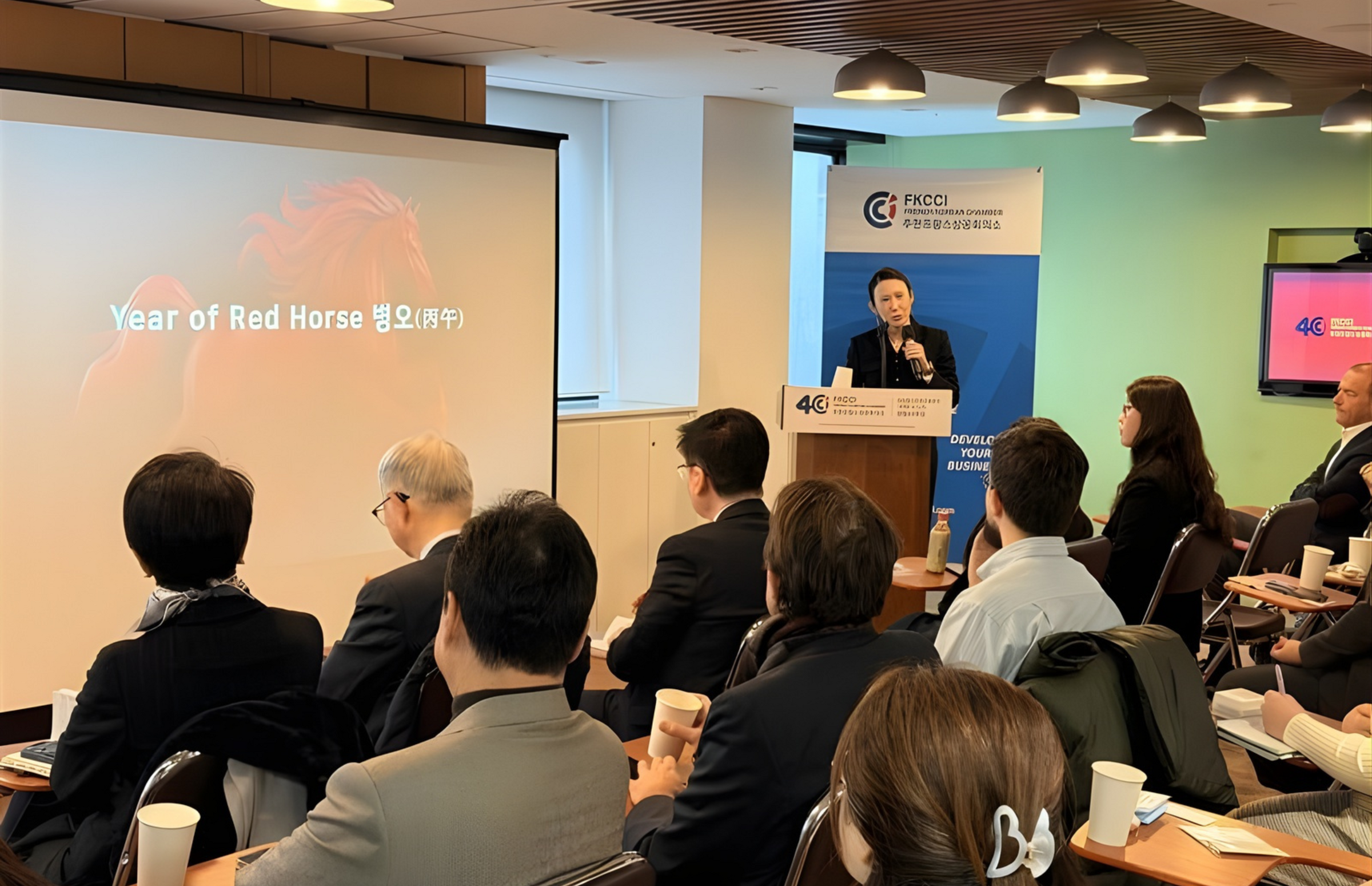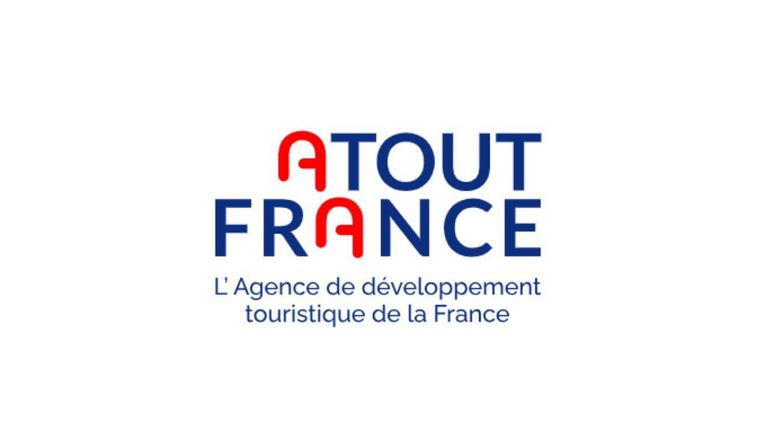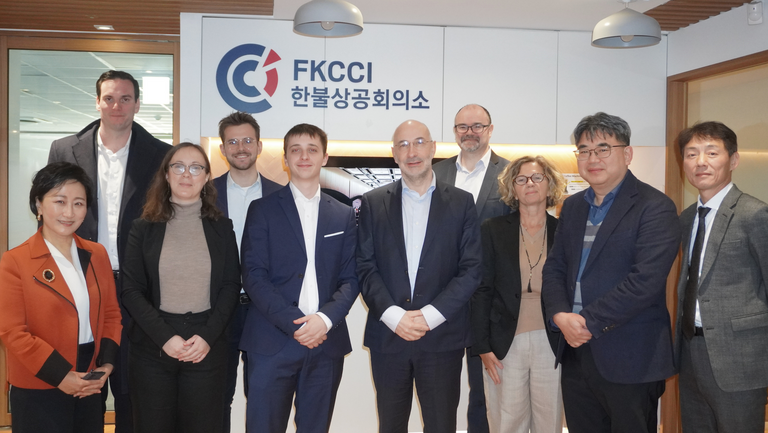Actualités • Webinar • Bilans d’évènement
[Webinar] How should we live in 2021?
On February 9 2021, the French Korean Chamber of Commerce and Industry (FKCCI) organized a webinar on ‘How we should live in 2021’ amid the coronavirus pandemic, and what it means for businesses.
The webinar was animated by Cédric Legrand (General Director of FKCCI) and introduced by David-Pierre Jalicon (Chairman of FKCCI). The latter recalled that although 2020 was a year of pandemic, 2021 could appear as a transition period toward economic recovery. Although vaccines have begun to arrive in our lives, it seems the vaccination process until collective immunity will take time. “Resilience of our societies, especially in South Korea” demonstrated the ability of a country to go through the pandemic, while enabling its businesses and commerce to continue their activities, David-Pierre Jalicon added. Understanding how we should live in 2021 is only possible through an analysis of how 2020 has already impacted our businesses.
To discuss this topic, the FKCCI welcomed many experts: Pascal Robin (General Manager – Sanofi Pasteur Korea), Moon Jung Lee (Country Sales Manager Korea – Air France), Yoon-Ju Cho (Managing Director – Bollore Logistics Korea), Bosun Kim (Co-founder – Asiance) and Romuald Pieters (CEO – France Gourmet).
Pascal Robin began by giving informations on the vaccine and how we are expected to live this year. According to Mr. Robin, 2021 could be summed up in three points: it will be a challenging year, a year of vaccination and once again, our health system is expected to be under huge pressure. First, 2021 will remain a year of individual responsibility to prevent the virus’ spread, even if a large part of the world’s population should be vaccinated by December. According to Sanofi Pasteur’s calculations, “6.9 billion people could be vaccinated this year”. Pascal Robin took time to recall the efficiency of the world’s laboratories in producing vaccines: 11 have been launched at the moment in a year at most, “though this process usually takes years”. It is a “race against time”. Finally, our health professionals should remain under pressure this whole year, and not only in hospitals: there is a threat on employees’ mental health, thus mobilizing more psychologists.
Moon Jung Lee (Air France, Korea) then explained the consequences of Covid-19 for air transport companies. The recovery in that domain is low, and expected to remain that way. For its better scenario, Air France expects a 50% recovery by December 2021, but it remains “highly unlikely” at the moment. The company adapted itself to the pandemic: PCR tests are mandatory and an “untact travel pass” is under development, to allow a trip with minimum physical contacts (no papers, all documents are uploaded on an app). Also, its goal is to reduce CO2 emissions by 50% per passenger by 2030, and replace all single-use plastic, for a sustainable flight.
Yoon-Ju Cho (Bolloré Logitics) detailed the consequences on commercial freight supply chains. In 2020, transportation capacity has been “drastically reduced” because of sanitary measures. E-commerce has been mostly favoured, and will surely remain that way in 2021. An “entire ecosystem” has been developed to tackle a reduction in air and sea transportation. Among others, the transportation of vaccines and medical equipment was a big part of Bolloré’s activity.
Bosun Kim (Co-founder of Asiance) explained the development of the “untact economy”. It is a new term emerging in Korea as a contraction of “un” and “contact”, underlining services with minimum contact between consumers and businesses. It has widely developed in 2020: in South Korea, Kakao and Naver launched their e-commerce divisions, to surf on this untact wave. Also, South Korea has seen the development of untact credit cards, integrated on one’s phone. It is expected to be widely democratized in 2021 and shows how South Korea knows how to face the pandemic thanks to technology and innovation.
Finally, Romuald Pieters (CEO of France Gourmet) explained the impact of the pandemic on his company, and the food & beverage market. While being secluded at home, “people care about what they are eating” he said. Online food and beverage retail market has grown up by 66% in 2020, benefitting South Korean companies like Coupang or Shuttle. France Gourmet’s business completely shifted: 60% of its B2C strategy is now online. 2021 is thus expected amplify this untact and online phenomenon, shaking all markets and businesses.

